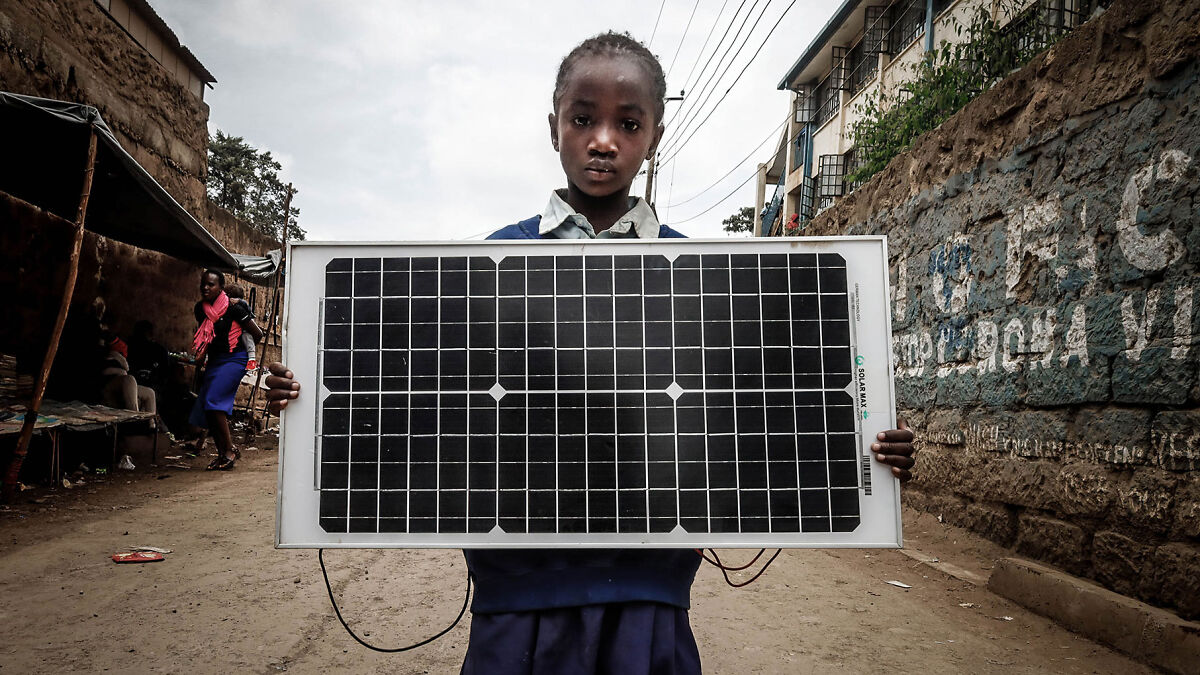
Africa’s Silent Solar Boom Surges As Climate Week Puts On Its Usual Virtue-Signaling Theatrics
In New York this week, the world’s climate aristocracy has gathered for Climate Week.
There are over a thousand events, CEOs in recycled suits, activists with slogans, and politicians rehearsing the vocabulary of urgency.
The panels sparkle with ambition: net-zero targets, carbon removal technologies, pledges on methane and plastic. The wine flows. The hashtags trend.
- Africa’s solar boom is quietly leading the global energy transition, outpacing Western countries.
- Morocco’s Noor Solar Complex uses desert space to generate and export clean energy.
- Kenya’s off-grid solar projects have raised electricity access from 37% to 79% in a decade, boosting incomes and safety.
- South Africa’s rooftop solar capacity doubled in less than two years, matching the output of major coal plants amid grid failures.
- Africa’s solar success shows decentralized, necessity-driven solutions outperform Western models.
And yet, beneath the noise, a very different climate story is unfolding, not in New York but across Africa, where solar energy is quietly rewriting the rules of transition.
This is the paradox of our age: while the West performs its climate morality play on stage, the Global South is building the future in the wings.
The solar tower of the Noor Power Station in Ouarzazate, Morocco. Image credits: Francois LOCHON/Getty Images
Morocco: The desert becomes a power plant
At the edge of the Sahara, Morocco’s Noor Solar Complex sprawls across more than 3,000 hectares. It is one of the largest concentrated solar power plants in the world, designed not just to light up Morocco but to export electricity to Europe.
Its arrays stretch like a mirage across the desert, storing heat in molten salt for generation even after sunset.
The symbolism is delicious. Once, the Sahara was imagined by colonizers as an empty expanse to be traversed and extracted. Now it is a radiant counterargument to centuries of condescension, which is proof that African nations are not only participating in the energy transition but leading it.
And yet, how often does Noor appear in Western climate discourse? Not nearly as often as the latest EV subsidies in California or the policy squabbles in Brussels.
Africa’s megaprojects remain invisible to those who still imagine the continent as a passive ‘beneficiary’ of climate aid, rather than an architect of energy futures.
Kenya: The off-grid revolution
Travel east to Kenya, and the story becomes even more disruptive. In rural villages far from national grids, startups are providing cheap, decentralized solar home systems.
Pay-as-you-go models allow families to light their homes, charge phones, and power businesses without waiting for a utility line that might never come.
The impact is staggering. Electricity access has leapt from roughly 37% in 2013 to 79% in 2023, driven by policy reforms, mini-grids, and off-grid solar systems.
One in five Kenyan households now uses off-grid solar. Over 9 million rural residents have been reached by the Last Mile Connectivity Project alone.
A young schoolgirl carrying a solar panel in the Kibera slum in Nairobi, Kenya. Image credits: SOPA Images/Getty Images
Take the mini-grid study covering Kenya and Nigeria: households connected reported their median incomes quadrupling in just one year. Health and safety improved overnight, with no more hazardous kerosene lamps poisoning the air or burning down homes.
Women reported greater decision-making power within households—a social revolution powered by nothing more glamorous than a panel and a battery.
This is not charity. It is innovation born of necessity, a direct challenge to the Western model of centralized grids and slow-moving monopolies. While New Yorkers debate carbon trading mechanisms under chandeliers, Kenyan engineers are selling solar kits off the back of motorbikes, leapfrogging decades of infrastructure deficit in the process.
U.S. President Donald Trump called climate change a ‘con job’ and a ‘scam’ when addressing the UN General Assembly on September 23. Image credits: Chip Somodevilla/Getty Images
It is an energy transition that is not only faster but also more democratic, community-driven, affordable, and resilient. The irony is almost painful: the solutions the world is desperate for already exist, but they are buried under a narrative that insists nothing happens in Africa until the West notices.
South Africa: A rooftop rebellion
South Africa offers a third act in this solar drama. Plagued by rolling blackouts thanks to Eskom’s crumbling coal fleet, households and businesses have taken matters into their own hands. Rooftop solar capacity has exploded, not because of generous state subsidies, but despite the state itself.
The numbers are breathtaking. Rooftop solar generation doubled between mid-2022 and early 2024, from about 2,264 megawatts to 5,440 megawatts.
Residential and commercial rooftop PV installations surged from 983 MW in March 2022 to 4,412 MW in June 2023: a 349% rise in just over a year. By September 2024, rooftop solar capacity had crossed the 6,000 MW threshold.
Workers install brackets for solar panels on the roof of a house in Cape Town, South Africa. Image credits: Getty Images
To put that in perspective: Eskom’s largest coal power stations each generate about 4,800 MW. Rooftop solar across homes and businesses has now equalled or surpassed the output of those single behemoths.
In less than five years, ordinary South Africans, battered by failing infrastructure, have stitched together the equivalent of an entirely new power station fleet across their rooftops.
Forecasts suggest that South Africa’s solar capacity could grow from about 6.68 GW in 2024 to over 11 GW by 2029 if trends hold. This is not a sidenote in the climate story. It is the story.
Here, solar is not simply a green choice but an act of political defiance—a refusal to let a failing government dictate the limits of daily life. In the process, a decentralized grid is emerging, one that could permanently shift the balance of power away from utilities and toward citizens. It is energy democracy in its most literal sense.
A woman stands outside her house in Komati, Mpumalanga Province, in South Africa, with the decommissioned Komati coal-powered station in the background. Image credits: Per-Anders Pettersson/Getty Images
Climate Week’s theater of contradictions
To be fair, Climate Week is not irrelevant. It does concentrate attention, money, and media. But its contradictions are glaring.
The U.S., under President Donald Trump’s renewed leadership, is doubling down on fossil fuels, rolling back pollution regulations, and gutting climate science funding.
Yet, at the very same Climate Week, U.S. corporations are pledging net-zero by 2050, as if press releases can compensate for pipelines.
Europe, for its part, arrives eager to assert moral leadership, even as it scours Africa for gas to replace Russian supplies. And while financial markets salivate over carbon removal and trading schemes, African entrepreneurs struggle to secure affordable capital for solar projects that are already transforming lives.
If hypocrisy were an energy source, Climate Week could power the grid for years.
Panelists during a discussion at Climate Week in New York. Image credits: Nina Palazzolo/Climate Group
Why Africa’s story matters
The question is not whether Africa is seeing a solar boom. It is whether the world will finally pay attention to it—because Africa’s transition tells us three things the West is reluctant to admit:
First, that decentralization works. The centralized, capital-intensive grid model of the West is not the only path. Off-grid solar is proving that millions can be electrified rapidly, without waiting for mega-projects or endless negotiations.
Second, that necessity is a more powerful driver than virtue. African solar expansion is not driven by moralizing about carbon footprints, but by the urgent need for reliable, affordable power. And in meeting that need, it is also delivering climate benefits.
Third, that narratives matter. As long as Africa is seen as a climate victim waiting for saviors, its innovations will remain marginalized. But if the world begins to see Africa as a leader, as the laboratory of energy futures, then the global climate conversation will be forced to change.
The real question for Climate Week
So as the New York stage lights glow, the question is not whether another pledge will be signed, or another summit communiqué drafted. The question is whether those in power are willing to confront their own blind spots.
Will they acknowledge that the fastest energy transition in the world is not happening in Silicon Valley or Berlin but in Nairobi, Rabat, and Johannesburg?
If they do not, Climate Week risks becoming what it already too often resembles: a festival of green virtue-signalling, while the real transition is left invisible.
Because here is the uncomfortable truth: the solutions are not waiting to be invented. They are already shining, panel by panel, across the Global South. The only things missing are recognition and the humility to learn.
Image credits: Pixabay/pexels
Poll Question
Thanks! Check out the results:
1k+views
Share on FacebookGoogle paid $195 a hour on the internet..my close relative has been without labor for nine months and the earlier month her compensation check was $23660 by working at home for 10 hours a day..... Everybody must try this job now by just use this Open This→→ Www.LiveJob1.Com
Google paid $195 a hour on the internet..my close relative has been without labor for nine months and the earlier month her compensation check was $23660 by working at home for 10 hours a day..... Everybody must try this job now by just use this Open This→→ Www.LiveJob1.Com


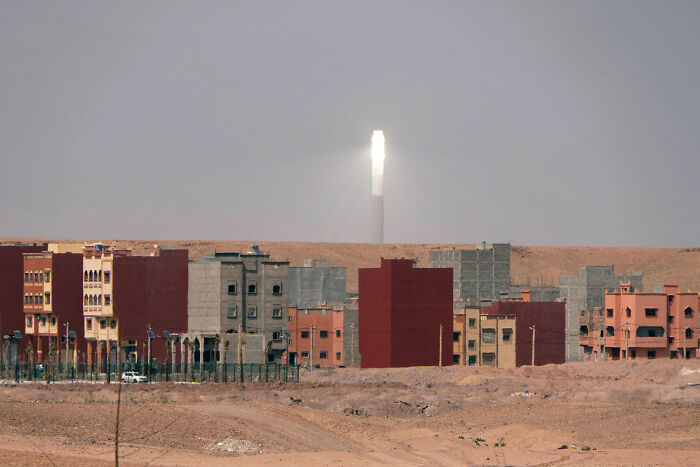
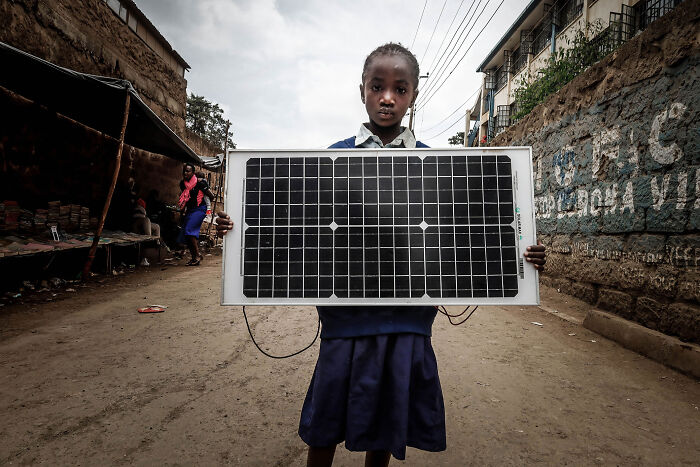
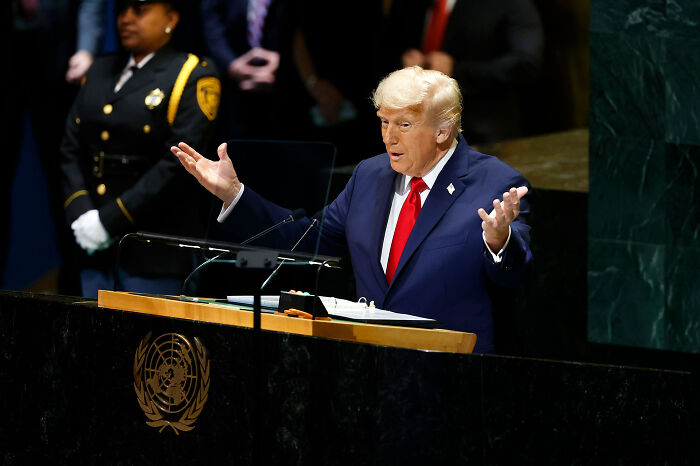
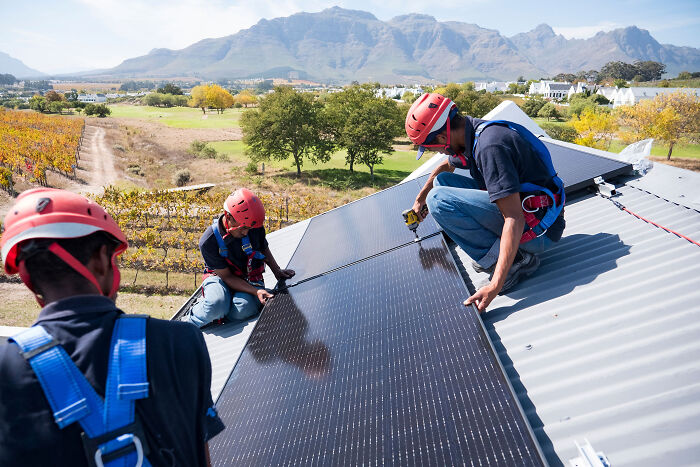
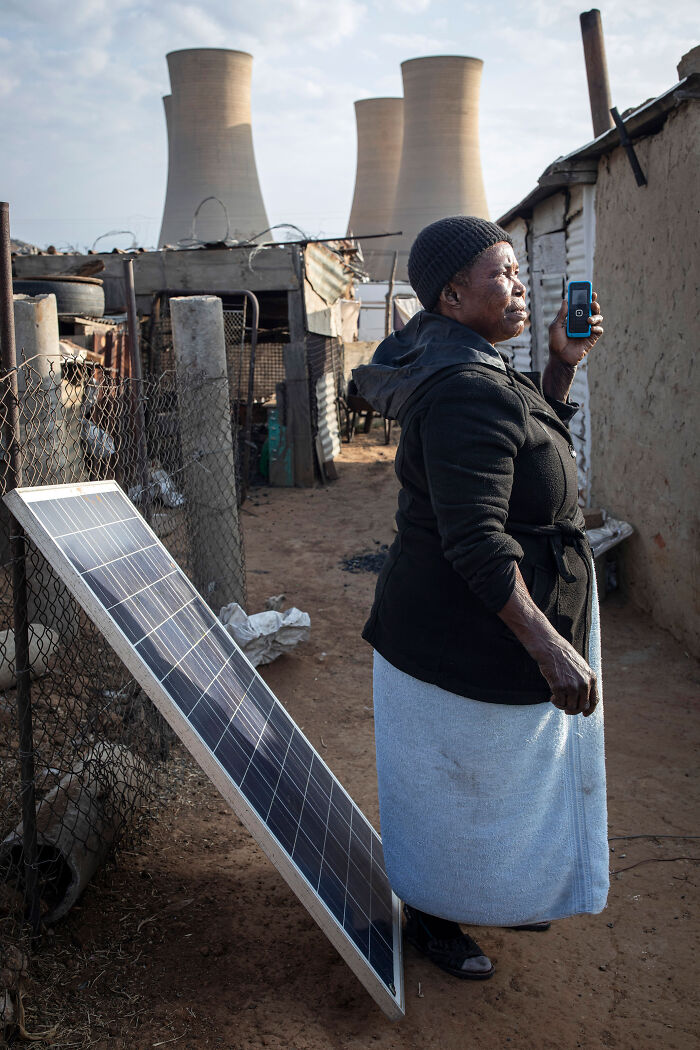
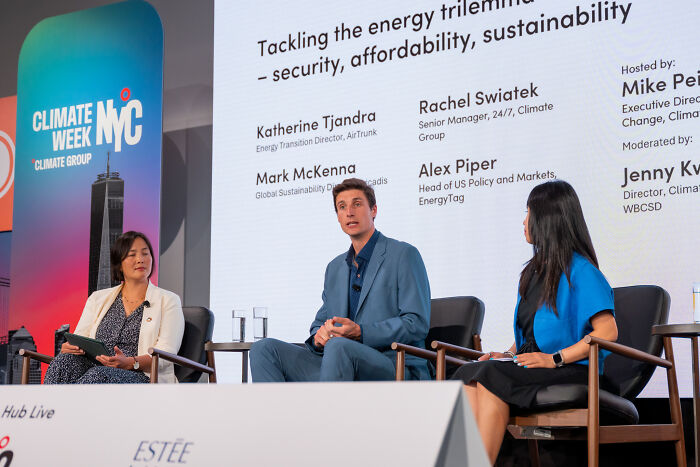
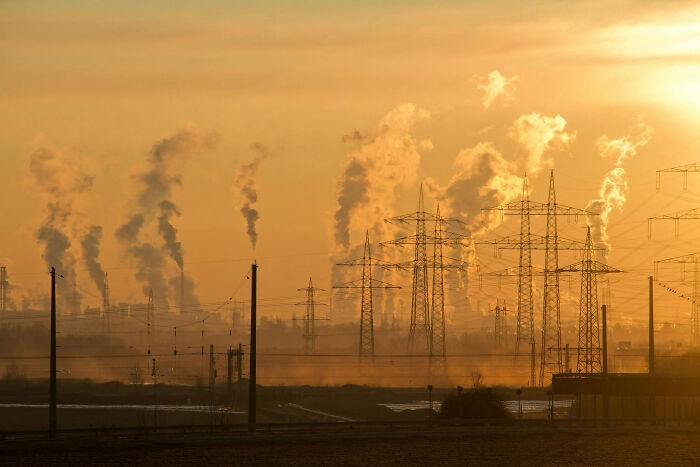



16
2